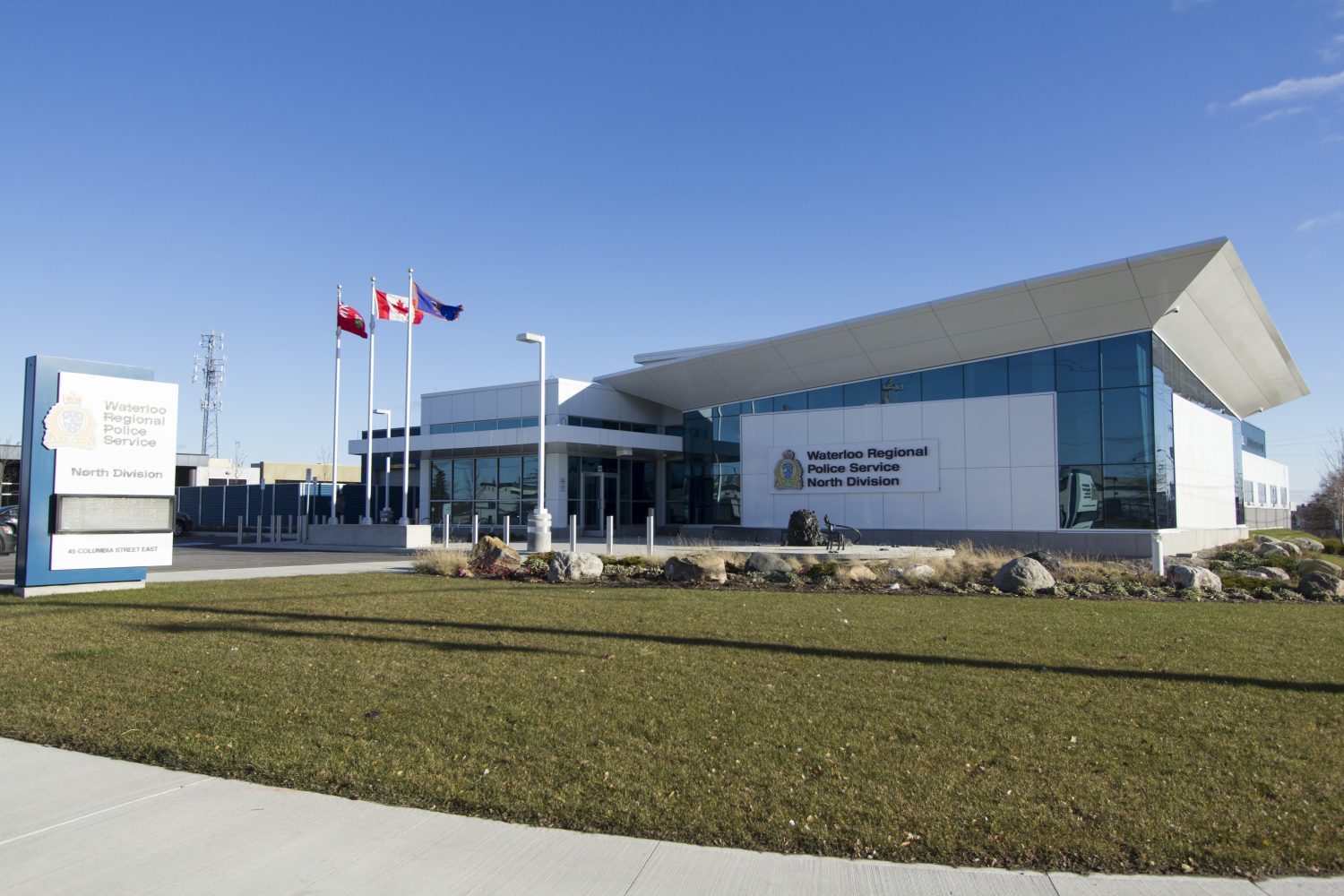WRPS to investigate unfounded sexual assault cases

On Feb. 3, The Globe and Mail published a 20-month investigation that focused on police-reported sexual assault allegations. The investigation, titled “Unfounded: Why Police Dismiss 1 in 5 Sexual Assault Claims as Baseless,” collected data on sexual assault complaints from various police services across Canada. The report found that several police services recorded some complaints as being “unfounded” — simply meaning that the report filed was dismissed. While the report found that 19 per cent of sexual assault complaints in Canada are dismissed as being baseless, it was also publicized that the unfounded rate in the Waterloo region sits at 27 per cent. Only a few days after the investigation was published, the Waterloo Regional Police Service’s police chief Bryan Larkin announced that he was ready to take action on this issue. As reported by CTV News Kitchener, Larkin said that police would be reviewing previous sexual assault cases that were deemed unfounded. The service will also be launching a task force to re-evaluate how the police can properly approach sexual assault.
Larkin also released an open letter to sexual assault survivors and the community on Feb. 9. In his letter, Larkin recommended a “multi-faceted approach,” which will include an internal review and audit of sexual assault investigations deemed unfounded. He also discussed the launching of a collaborative task force that will include community leaders and stakeholders to analyze the number of unreported sexual assault allegations and investigative practices.
“Admittedly, the issues we are facing are complex, will require time to properly review, evaluate and develop a forward-thinking approach. That said, this is a community concern and through a collaborative effort that is hand-in-hand with our community, we are confident that we can develop a more conducive approach to sexual violence within our society,” read the open letter.
The Sexual Assault Support Centre of Waterloo Region (SASC) will be working with the WRPS on establishing their task force. Sara Casselman, executive director of SASC, said that while advocates and community leaders have been dealing with this issue for many years, the centre commended The Globe and Mail for their investigation on unfounded sexual assault reports in the country.
“It’s been an outstanding issue, but no one had previously put together so much information and presented it so cohesively before so kudos to them for the work they did,” she said. “I think it does a really good job of exposing something but I don’t think it’s something that people integrated in this world didn’t know about, so I’m especially grateful that it has spurred action and that cases are going to be reviewed and that our regional police are going to be doing something about it,” Lynn Kane, coordinator of the Gendered Violence Task Force, said.
Last Wednesday, the centre released their own open letter to the Waterloo region. Throughout the letter, the centre gave recommendations to the police on what steps they need take to investigate sexual assault allegations and complaints.
“We have seen improved practices in sexual violence response in our community services, in health services and in policing, amongst many others. We value working together to address sexual violence,” read the letter.
Included in their recommendations was the “Philadelphia Model,” which suggests that police give sexual assault centres access to review unfounded cases. According to Casselman, the model was inspired by events that had taken place in Philadelphia, where every year survivor advocates, feminist lawyers and members of sexual assault centres reviewed all cases the police deemed “unfounded” for the year.
“[The model] had a significant impact in terms of reducing their unfounded statistics because there’s a number of reasons why some cases might get labelled “unfounded,” and for those of us working in the field, we’re able to spot those things,” Casselman explained.
Casselman also noted that one of the most important aspects police need training on is the impact of trauma on memory. She explained that when an individual has experienced a sexual assault and reports it to the police, the report may come out fragmented and there may be gaps in memory.
“They’re trained to look for gaps; they’re trained to look for inconsistencies, but the reality is if someone has experienced trauma, stories will come out that way: fragmented; disjointed; gaps and that’s just part of the process.”
Casselman also pointed out that police need training on sexual assault myths that exist in mainstream media and society and how they may replicate within the criminal justice system, such as the myth that women regularly lie about their sexual assaults.
“That truly is a myth. False reporting rates for sexual assault are no higher than false reporting rates for any other crime,” Casselman said.
Casselman also emphasized the centre’s help line and office hours for those dealing with sexual assault, or those who know someone dealing with it. The centre also has a partnership with the university, including the Diversity and Equity Office. Specialized councilors are on campus two days a week and also provide public education services to students.
“Together, with SASC, we’re working on responding to disclosure workshops for staff teams, the coordinator they have of the male allies’ program is doing work with Laurier Athletics and Residence,” Kane said about their work with SASC.


